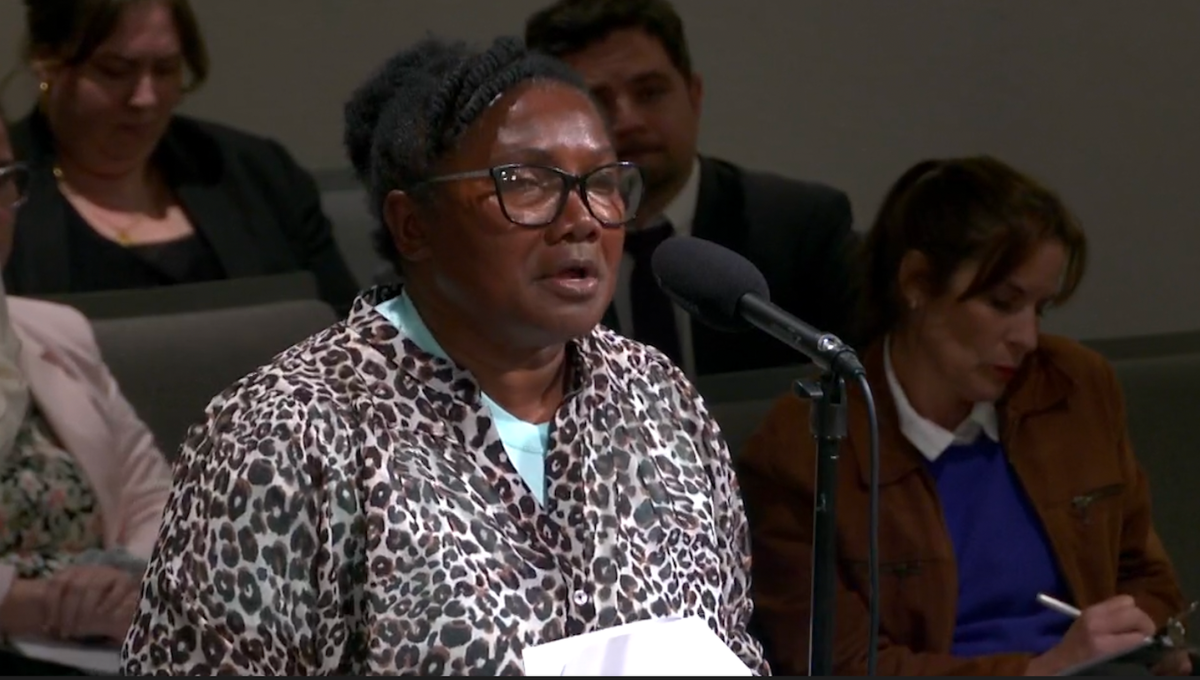The End of Single-Family Zoning? – Recording
For the last century, local housing regulations have cemented racist and exclusionary zoning across the country. Single-family zoning worsens affordability by constricting housing supply, contributes to skyrocketing rents and home prices, and cements de facto segregation by preventing lower-income households from joining (and benefiting from) high-opportunity neighborhoods.
Single-family homes and the exclusionary policies protecting them have been untouchable for decades, but local governments across the country are beginning to change their tune. Cities like Minneapolis, Portland, Sacramento, San Diego, Berkeley, and Oakland are among the growing number of local municipalities aiming to loosen and eliminate single-family-zoning restrictions. This year, California legislators have introduced their Senate Leadership Package, a historic effort to holistically tackle our housing crisis—in part by addressing single-family zoning statewide.
On Thursday, April 29th, from 12pm – 1pm, discussed the history of single-family zoning, how it has entrenched inequity in our housing systems, and what policies we can implement to redress exclusionary development. We explored: why has the tide changed around single-family zoning? What would the end of single-family zoning do to help fix our housing crisis?
The conversation was moderated by Catherine Bracy, CEO and Co-Founder of TechEquity Collaborative. Panelists included:
- Allan Lazo, Executive Director of Fair Housing Council of Oregon
- Rigel Robinson, Berkeley City Councilmember District 7
- Mike R. Kingsella, Executive Director of Up for Growth Action
About the Speakers
Allan Lazo is the Executive Director of the Fair Housing Council of Oregon, a statewide civil rights organization promoting justice, equity, and inclusion in housing through access to education, advocacy, and enforcement. He has been a long-time community advocate for civil rights and social justice, especially in the areas of housing, homelessness, and racial equity. Allan currently serves on the City of Portland Housing Bureau’s Affordable Housing Bond Oversight Committee and served on the state of Oregon Department of Land Conservation and Development Housing Rulemaking Advisory Committee. Allan’s past consulting experience includes work in organizational development, specifically related to issues of diversity, equity and inclusion, and he is a long-time resident of Portland, Oregon.
Rigel Robinson was elected to the Berkeley City Council in 2018. Elected at 22, Robinson is the youngest councilmember in the city’s history and has led efforts with his colleagues to legalize missing middle housing and end exclusionary zoning in Berkeley. Robinson is the chair of the city’s Land Use, Housing, & Economic Development Committee. You can keep up with him on Twitter at @RigelRobinson.
Mike Kingsella is the Executive Director of Up for Growth, is a 501(c)(3) pro-housing policy and research member network that forges policies and partnerships across sectors to achieve housing equity, eliminate systemic barriers, and create more homes.
Prior to founding Up for Growth, Mike founded and served as Executive Director of Oregon Smart Growth, the first statewide affiliate of Smart Growth America’s LOCUS coalition of responsible developers and investors. Oregon Smart Growth represents more than 40 developers, investors, and development industry firms that support state and local policy enabling and promoting development of dense, walkable, sustainable neighborhoods.
He has a Bachelor of Science in Community Development and Real Estate Development from the Toulan School of Urban Studies and Planning at Portland State University in Portland, Oregon, and has worked in housing since 2003.
This webinar was hosted on Zoom.





